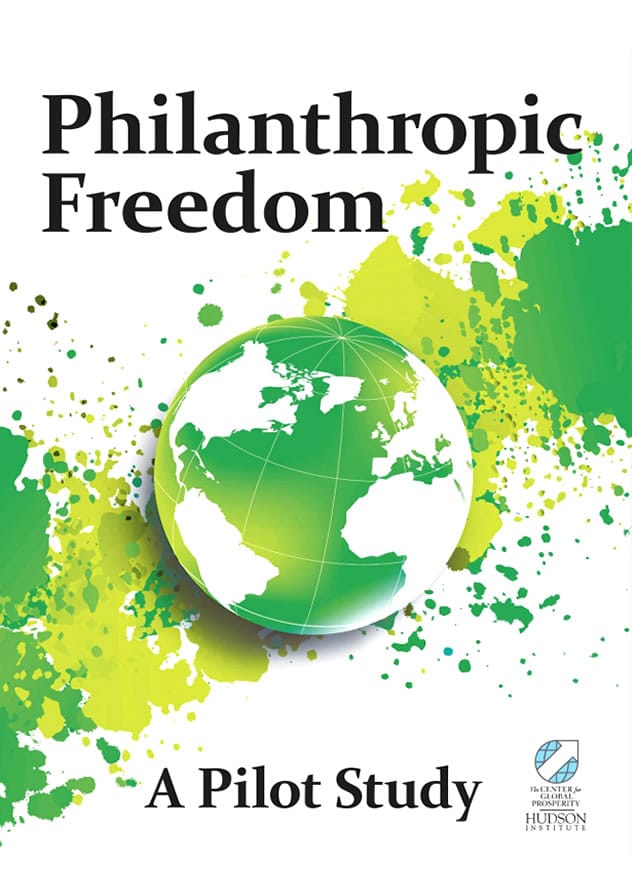This report measures and compares the ease of giving across 13 countries for the first time. China being one of the countries analyzed, we have decided to present it on our website. The pilot study and each of the detailed country reports can be found in the PDF file attached. The following is the Hudson Institute’s introduction to the report:
This new research follows on our groundbreaking work measuring private financial flows to developing countries, including philanthropy and remittances. Despite the growth in international philanthropy and the dominant role it now plays in global relief and development, there has been limited work on private giving and even less on the state of philanthropic freedom around the world. The study fills a major gap in development policy and philanthropic research by surveying barriers and incentives to philanthropic giving in three main areas: the ease of registering and operating civil society organizations (CSOs); domestic tax policies for individual and corporate deductions, credits, and exemptions; and the ease of sending and receiving cash and in-kind goods across borders.
Home-grown philanthropy and civil society are the best drivers of prosperity and healthy democracies across the globe. Moreover, local community foundations are one of the fastest growing types of philanthropy, practically doubling in the last 10 years. Now is the time to help this growth by solidifying a conducive culture for philanthropy.
This study shows how to measure a country’s philanthropic environment and what concrete policies encourage or restrict it. The research comes at an opportune time as new governments throughout the world strive to work positively with civil society. We hope the best practices of countries with strong civil societies, through their traditions and public policies, can provide the roadmap to grow philanthropy and generosity across the globe.”
Contents:
- Background of the pilot study
- Overall Findings
- Issues and application
- Methodology
- Appendix

